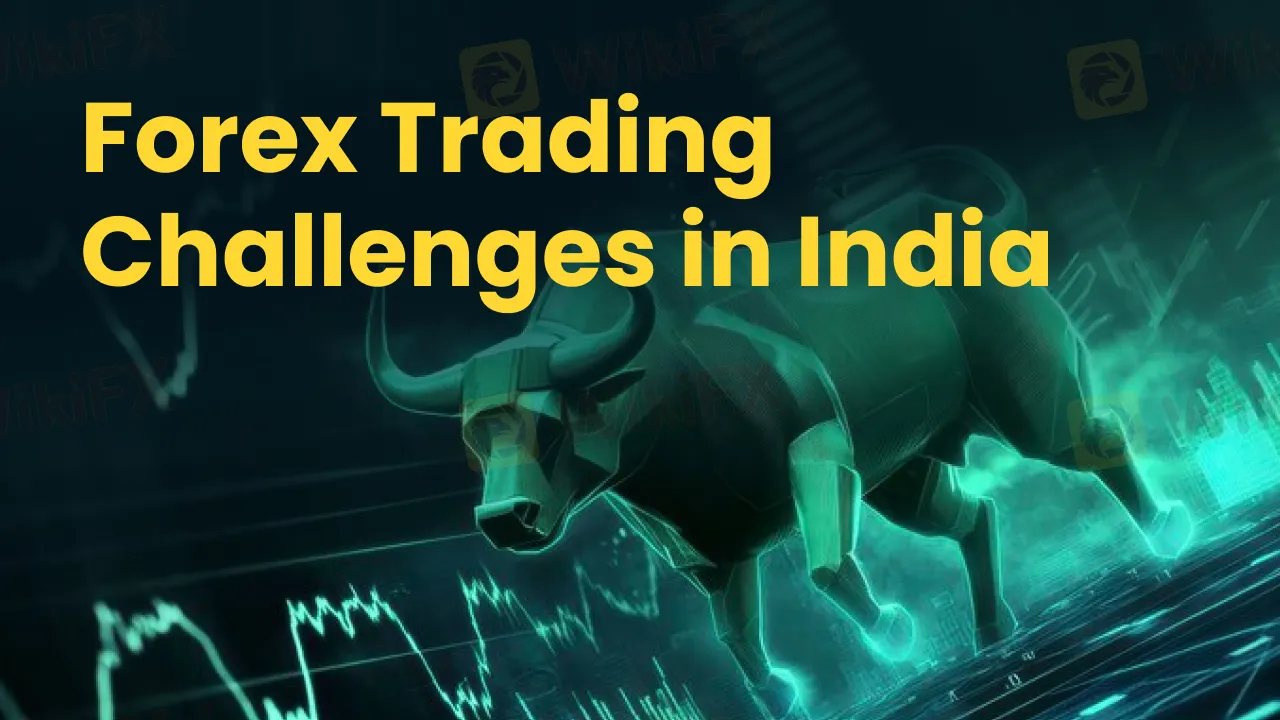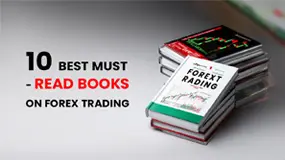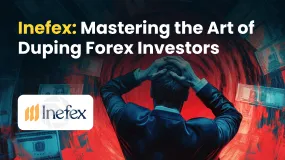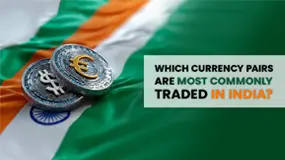简体中文
繁體中文
English
Pусский
日本語
ภาษาไทย
Tiếng Việt
Bahasa Indonesia
Español
हिन्दी
Filippiiniläinen
Français
Deutsch
Português
Türkçe
한국어
العربية
Forex Trading Challenges in India
Abstract:Explore this guide to understand the challenges that deter India's forex market from unleashing its true potential.

Forex trading is about exchanging one currency for another through various contracts such as spots, options, futures, swaps and forwards. The currency price fluctuations decide the profit or loss in these positions. The forex market witnesses daily transactions worth trillions of dollars, inevitably resulting in complexities, especially for those new to this. There are terminologies and lags in terms of market understanding. So, weve created a guide that will help understand the terminologies and the challenges people face regarding forex trading.
Forex Terminologies You Should Know
Currency Pairs
The forex market sees the trading of currency pairs throughout the day, such as INR/USD, USD/EUR, and USD/CAD.
Pip
It is extended to Percentage in Points, which is the smallest measurement unit to track currency price quotes. Most major currencies will have Pip as the fourth decimal point equalling 0.0001.
Ask Price
The lowest price at which the sale order can be executed.
Bid Price
The price the buyer is ready to pay.
Revealing the Forex Trading Challenges in India
The Indian forex trading market, despite attaining $60 billion in 2024, is plagued with multiple challenges that somewhat hinder its growth. The WikiFX team has brought to you the challenges existing in the market. Take a look.
Less Currency Pairs for Trading
The Reserve Bank of India (RBI) regulates forex trading in India under the Foreign Exchange Management Act (FEMA) regulations. The approved currencies for traders are limited. They can trade in these four pairs only-
- USD/INR
- GBP/INR
- EUR/INR
- JPY/INR
Regulatory Caps on Cash Imports/Exports
The FEMA has placed restrictions on the amount of cash forex traders can import or export. Restrictions are also on allowed capital and current account transactions in foreign exchange. The maximum amount exchangeable within the country is also capped for both individuals and firms. While these restrictions prevent the local currency from speculation risks, they also hinder the forex participants prospects.
Legal Actions
Unauthorized brokers are all over India with tall return promises. They collect a heavy amount from investors and transfer it to shell companies as part of their money laundering activities. While investors face losses due to these, they also face legal actions by the RBI if they trade through these brokers. Either, you will be made to pay a penalty or asked to stop trading in foreign currencies. So, knowing the registered and unregistered brokers is critical to ensuring you stay away from legal actions. You can, however, know this through WikiFX, which showcases the regulation status of every broker on its platform.
Hefty Fees and High Spreads
Brokers usually take hefty fees and commissions from traders. They also keep high spreads, resulting in more profits for them as the gap widens between buying and selling prices. So, traders with limited budgets find it hard to penetrate the forex trading market.
Increased Market Volatility
The forex market is volatile due to national, international, economic and political events. In todays times when geopolitical tensions are on the rise, currencies fluctuate constantly, raising opportunities and dashing hopes in equal measure. However, over the long run, everything settles, helping you earn a significant amount.
Leverage is Both a Blessing and Harm for Traders
‘Leverage’ in forex implies the amount traders can borrow from brokers to control a larger position. Indian forex markets typically offer leverage ratios ranging from 20:1 to 30:1. This means traders can control a position 20 to 30 times their initial investment. Since no caps are imposed on maximum currency price movement, traders with highly leveraged trades can lose their capital.
Conclusion
India‘s forex trading market still requires advancements to match the global standards besides increased tightening measures on unregistered brokers to prevent non-withdrawal issues for investors. With a more liberal yet robust approach, India’s forex market could see active participation from retail traders.
Disclaimer:
The views in this article only represent the author's personal views, and do not constitute investment advice on this platform. This platform does not guarantee the accuracy, completeness and timeliness of the information in the article, and will not be liable for any loss caused by the use of or reliance on the information in the article.
Read more

10 Best MUST- READ Books on Forex Trading
Traders neglect the basic education about the forex market and end up losing money. It is one of the common mistakes they do. It is unsaid rule that If you're enter in the jungle of forex, you must read, learn, and understand before you start trading. In this article, you'll get to know about the books on forex trading that you must read.

Inefex: Mastering the Art of Duping Forex Investors
Fallen prey to high-return promises made by Inefex through social media and other platforms? Facing constant pressure from it to deposit funds despite consistent losses in trade? Most probably, Inefex has scammed you like many others. The constant foul play in its operation has been grabbing attention on forex broker review platforms. Check out some of their reviews.

Top 4 Forex Scam Tactics Fake Brokers Use to Trap Investors
Fake forex brokers always have multiple plans to dupe investors, including even the experienced ones. The constant complaints surrounding too-good-to-be-true schemes duping investors have made headlines in many forex journals. It’s time to stay vigilant against forex scam tactics that fraudulent brokers usually employ to defraud investors. In this article, we will talk about the top four forex scam tactics.

Which Currency Pairs are Most Commonly Traded in India?
Currency pairs play a crucial role in forex trading. To effectively participate in the forex market, it's important to understand which currency pairs are most relevant in your country. For traders in India, knowing the actively traded currency pairs is essential.
WikiFX Broker
Latest News
Does XS.com Hold Leading Forex Regulatory Licenses?
Chile Bumps Up Copper Price Forecast and Flags Lagging Collahuasi Output
Treasury yields tick lower as investors look ahead to Fed's interest rate decision
Thailand-Cambodia War Pressures Thai Baht in Forex Market
Investors Accuse Duttfx Markets of Scam: What You Should Know
A breakthrough and a burden? What the U.S.-EU trade deal means for the auto sector
Treasury yields flat as investors look ahead to Fed's interest rate decision
China's latest AI model claims to be even cheaper to use than DeepSeek
Bitget Lists Caldera for Spot Trading | What Should You Know?
Fortrade: A Closer Look at Its Licenses
Currency Calculator


